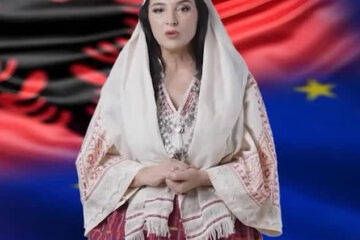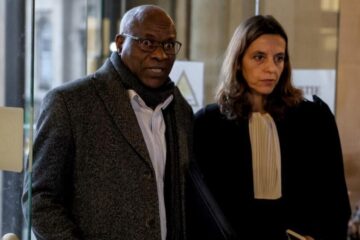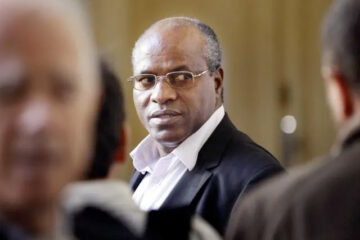Nigeria’s former President Muhammadu Buhari, a man who once ruled Africa’s most populous country with a military grip and later returned as a democratically elected leader, died in London on Sunday at the age of 82 after a prolonged illness. The announcement came through a statement by current President Bola Tinubu’s office, with no further details on the illness that had long been the subject of national speculation.
Flags will fly at half-mast across Nigeria this week, a gesture honoring a man whose life and leadership have stirred as much debate as they did devotion.
A Journey from Coup to the Ballot Box
Buhari’s political career is a study in contrasts. Thrust into power in 1983 as a military general through a coup against the civilian government, Buhari’s 20-month military rule was marked by a crusade against corruption, indiscipline, and waste often implemented with an iron hand. Civil liberties were curtailed, dissent silenced, and journalists jailed. But his supporters praised his uncompromising stance on accountability and his efforts to cleanse a nation reeling from excess and impunity.
Three decades later, he made an extraordinary return to power, this time through the ballot box. In 2015, he defeated then-incumbent President Goodluck Jonathan in a landmark election hailed as one of the freest and fairest in Nigeria’s democratic history. It was a symbolic victory not only for Buhari but for the idea that Nigeria’s democracy could indeed deliver peaceful transfers of power.
A Hero or a Hesitant Democrat?
Whether Buhari qualifies as a “hero” remains a contentious question.
To his supporters, he was a disciplined patriot who embodied personal integrity in a continent plagued by corruption. His anti-graft campaign as a civilian president, though heavily criticized for selective prosecution, was an attempt to re-anchor Nigeria’s governance on principles of probity. He also invested significantly in infrastructure, particularly in roads and railways, and repositioned Nigeria’s military in the fight against Boko Haram.
Yet to his critics, Buhari remained tethered to the rigid worldview of a soldier-statesman. His presidency (2015–2023) was defined by sluggish economic growth, rising insecurity across the country, and frequent absences due to illness often without clear explanations. Many Nigerians felt disconnected from a leader who seemed increasingly aloof, even as national crises mounted.
His administration’s opaque handling of his health raised uncomfortable questions about accountability and transparency values he once vowed to uphold. At the same time, the president’s seeming detachment in later years fed into a broader narrative of state inertia and democratic backsliding.
What Africa and the World Will Remember
Buhari’s life was in many ways a reflection of post-colonial Africa’s own contradictions: the tension between order and freedom, between authoritarianism and democracy, between hope and disillusionment. His military background gave him an edge in asserting state authority, but perhaps limited his grasp of the consensus-building that democracy demands.
Nonetheless, Buhari’s ability to evolve from a coup plotter to a “reformed democrat” remains one of the more remarkable transformations in African leadership history. In a continent where leaders often refuse to let go of power, Buhari’s peaceful exit in 2023, following two constitutionally allowed terms, was a critical symbolic gesture. For this, many across Africa will remember him.
A Final Lesson
If Buhari leaves Africa with one enduring lesson, it may be this: that integrity alone cannot carry a nation, and that democracy without dialogue risks becoming a performance of legitimacy rather than its substance. He showed that the idea of a “strong man” still holds deep appeal in countries facing systemic dysfunction, but also that strength must be paired with empathy and transparency to be truly transformative.
As Nigeria lowers its flags, the continent reflects not only on the man who is gone but on the delicate balance between firmness and freedom in the search for African progress. Muhammadu Buhari’s life reminds us that leadership is not only about power, but about how one chooses to wield it and how history will weigh that choice.








